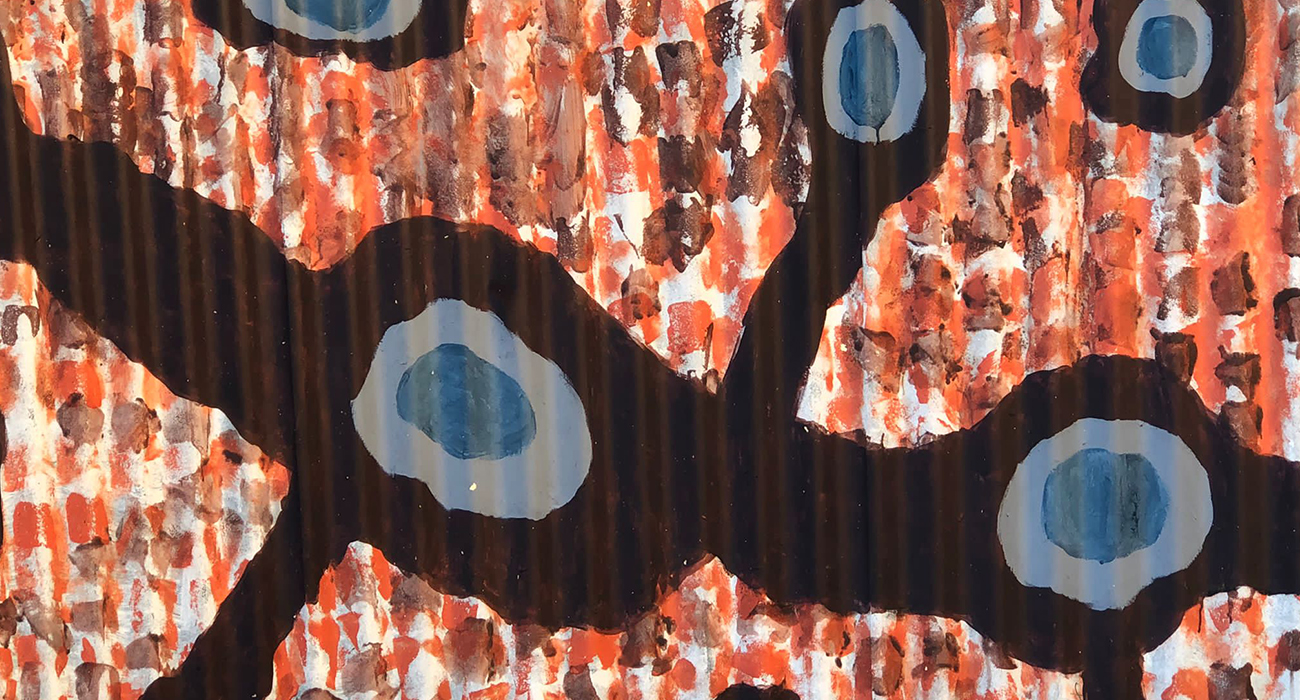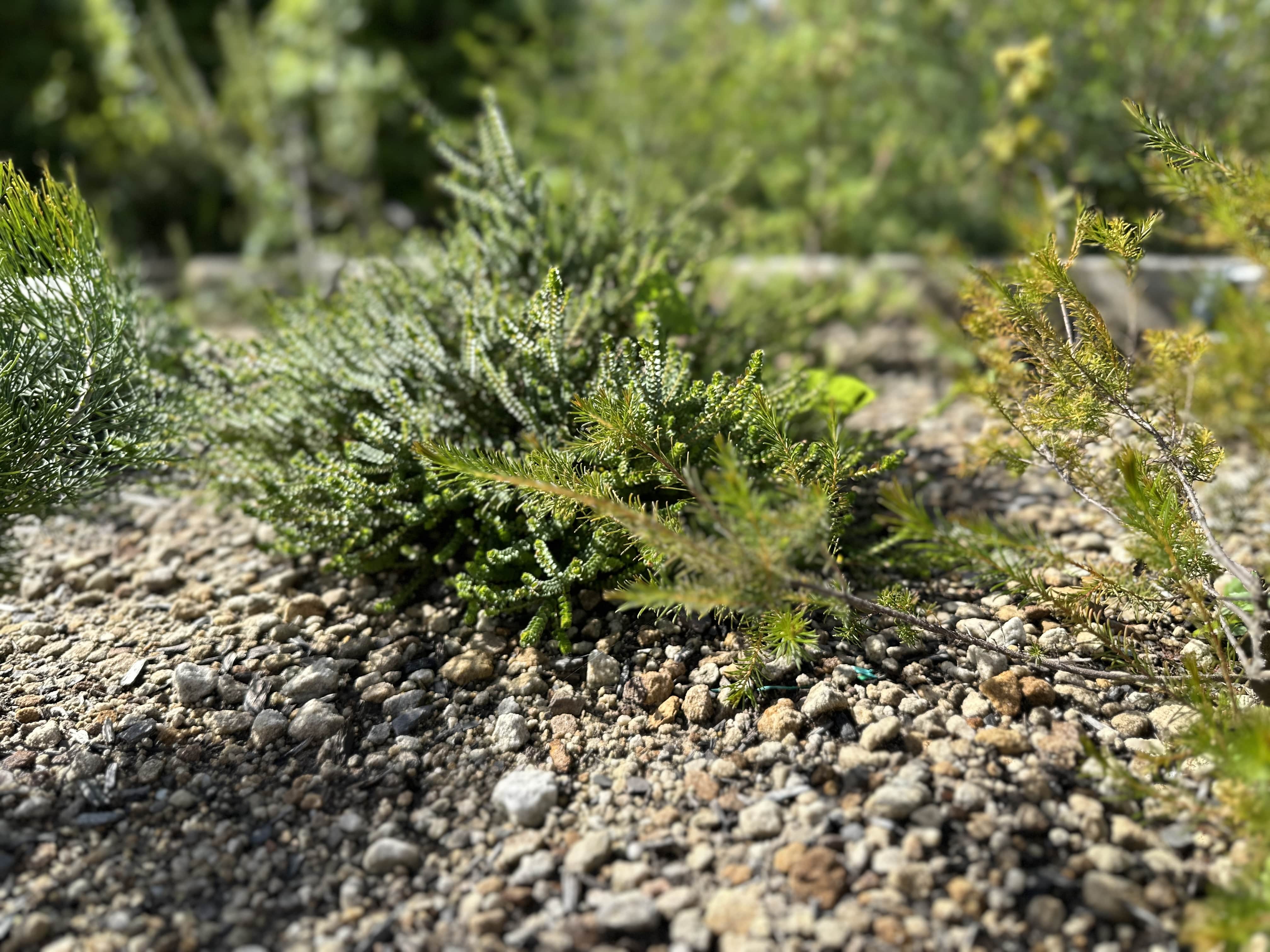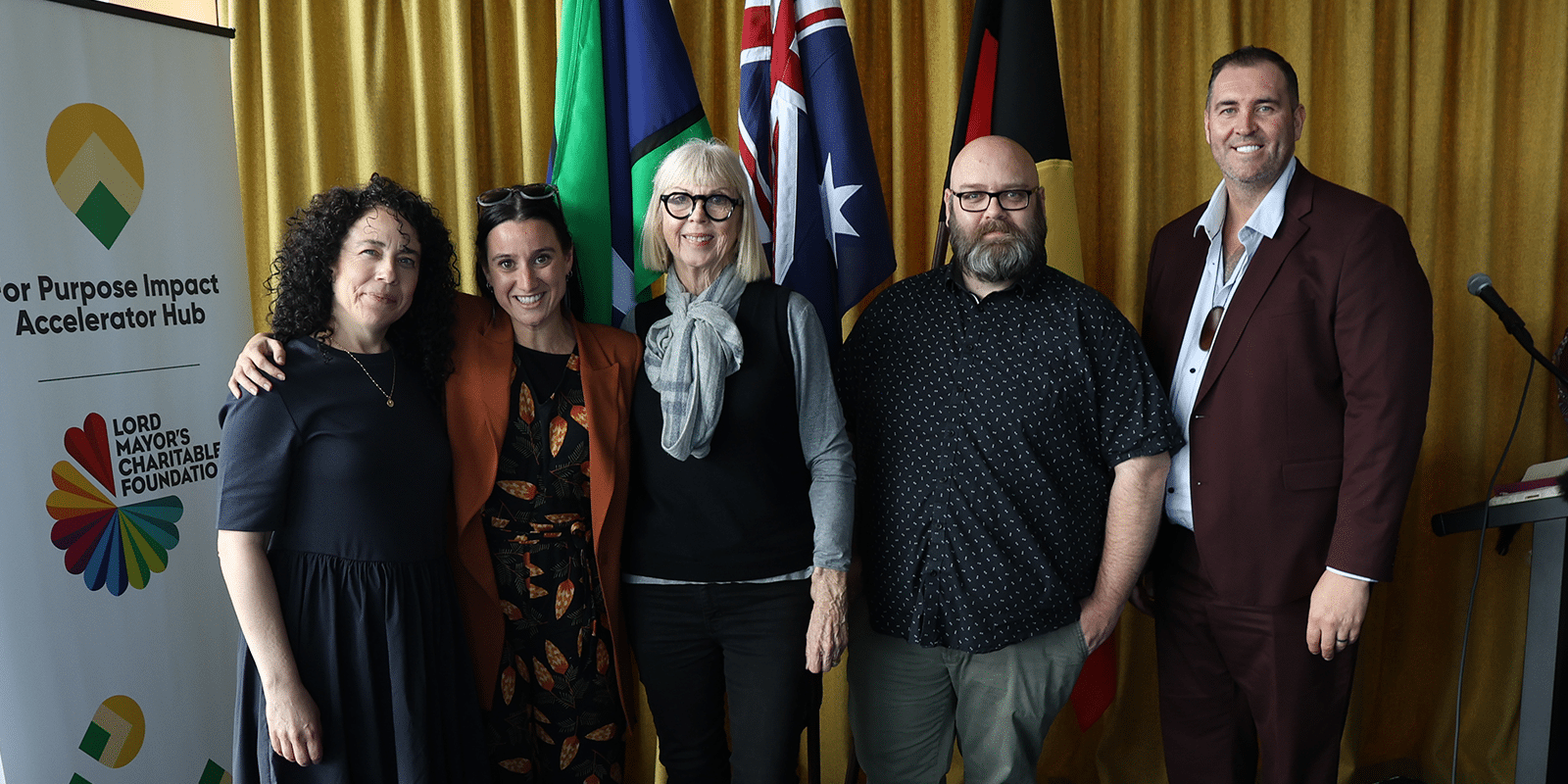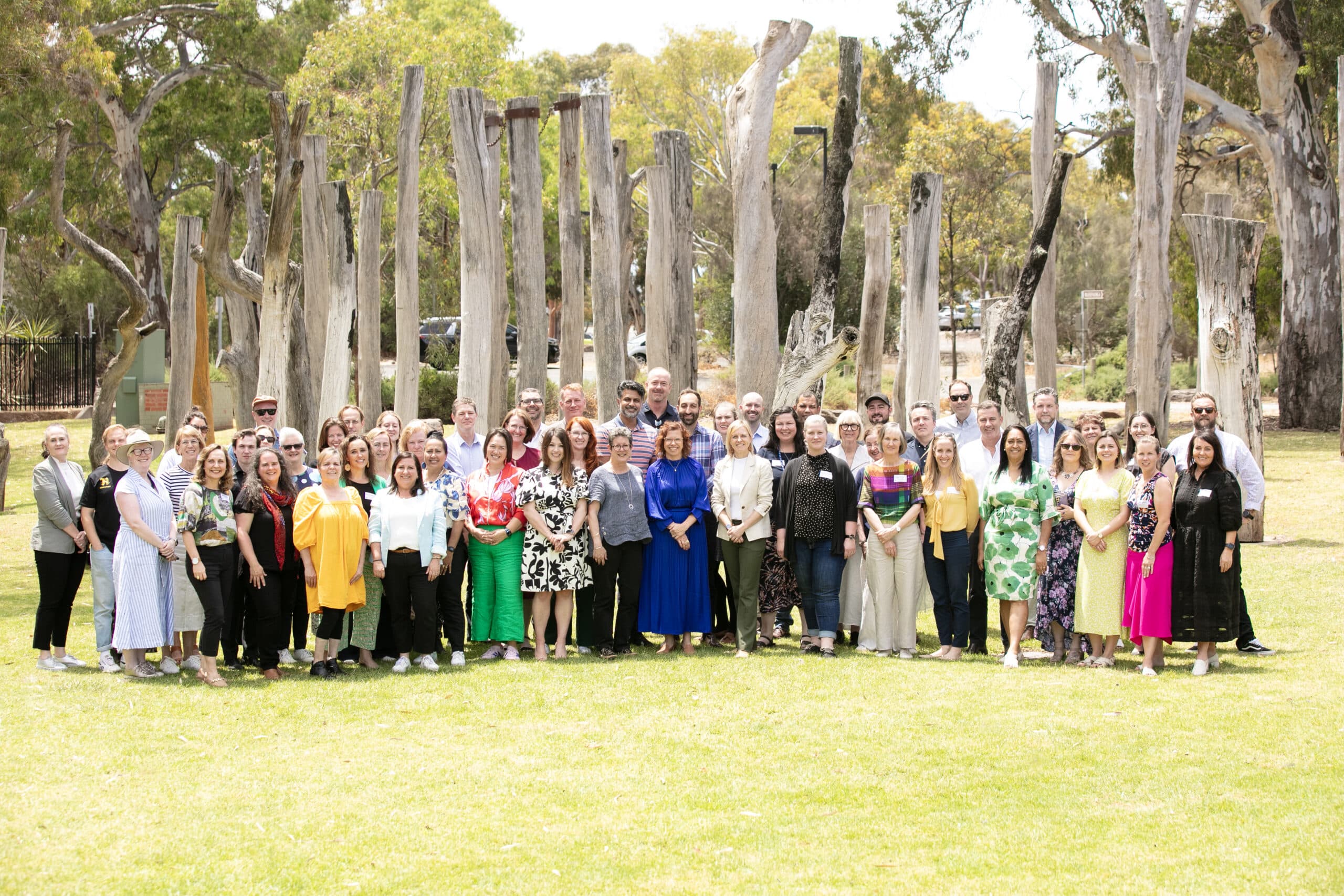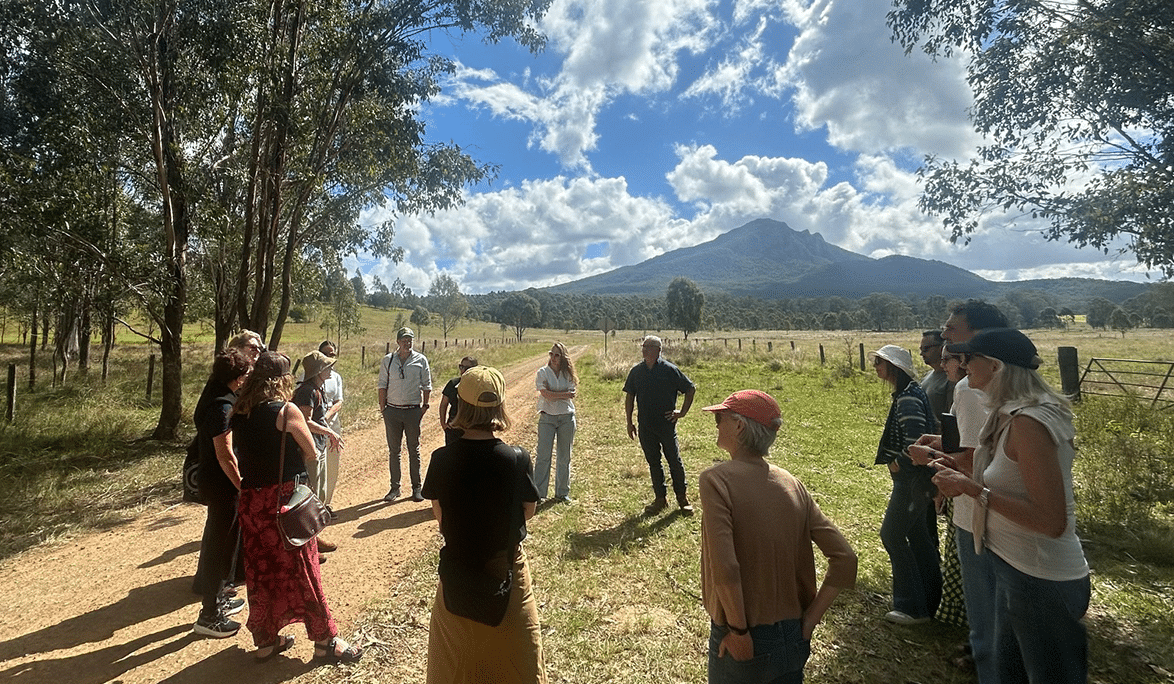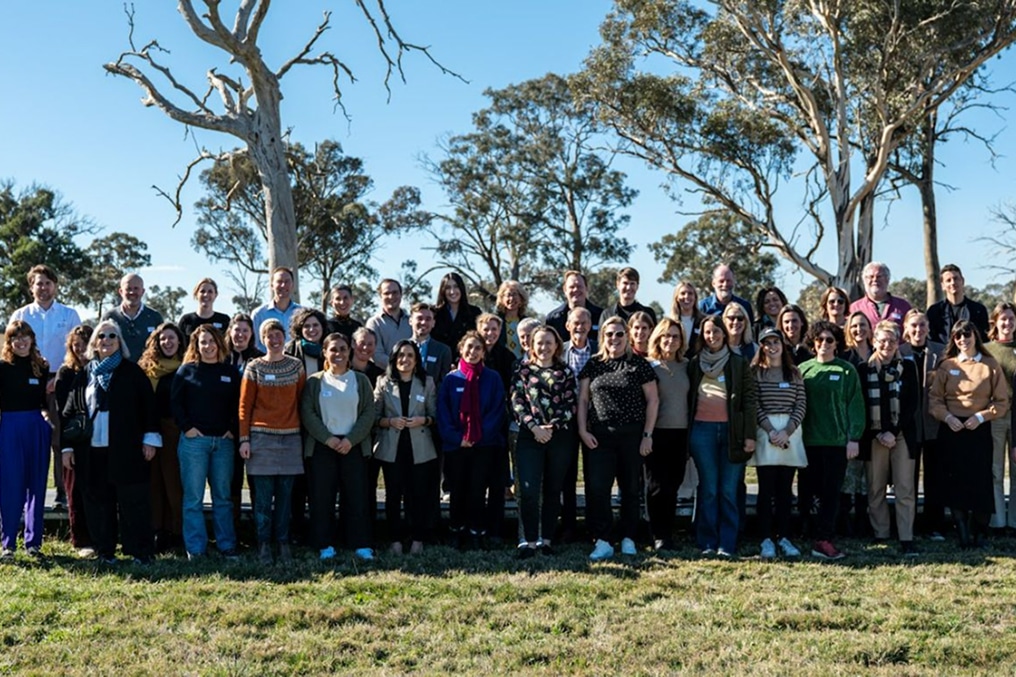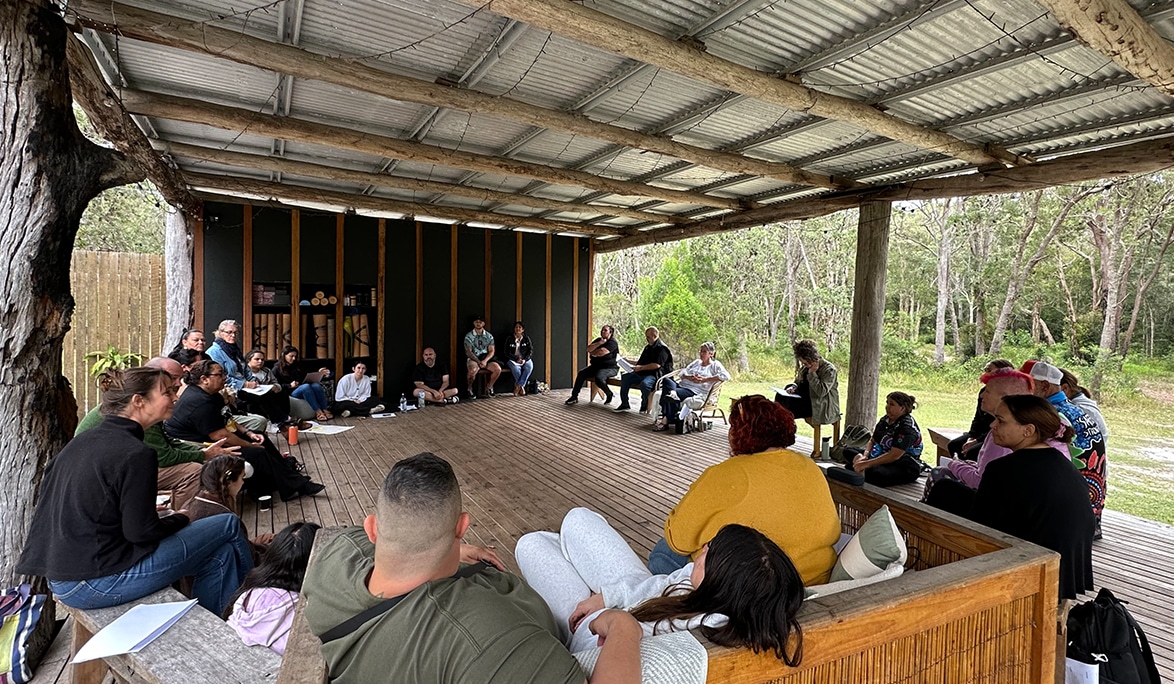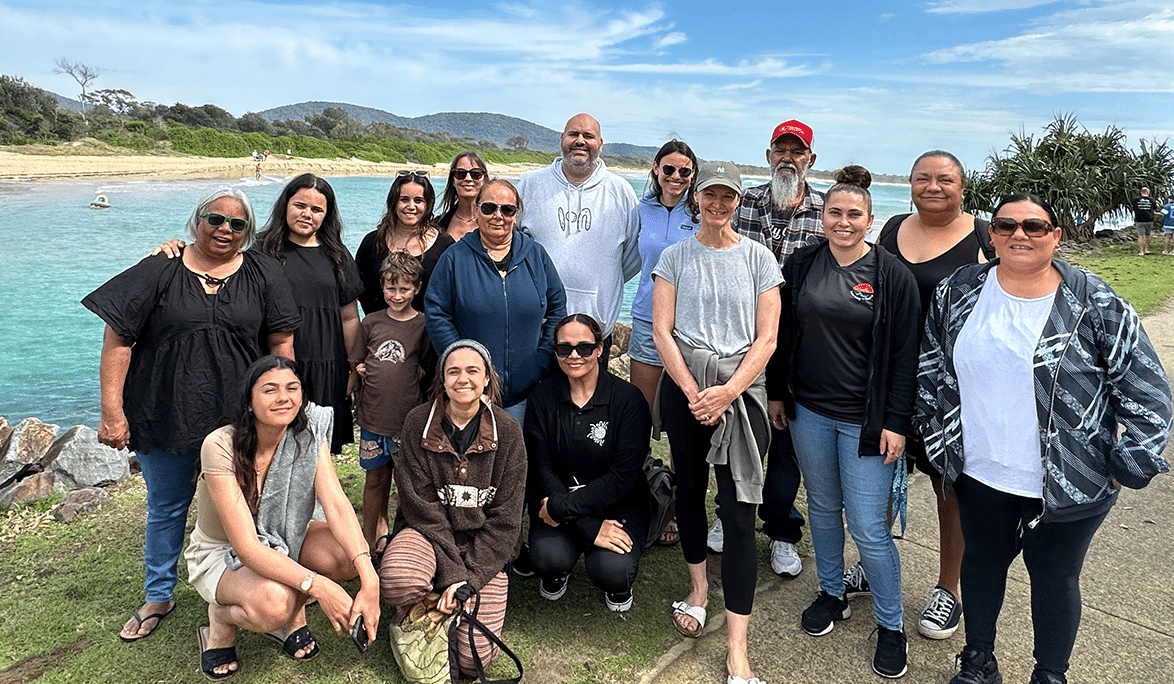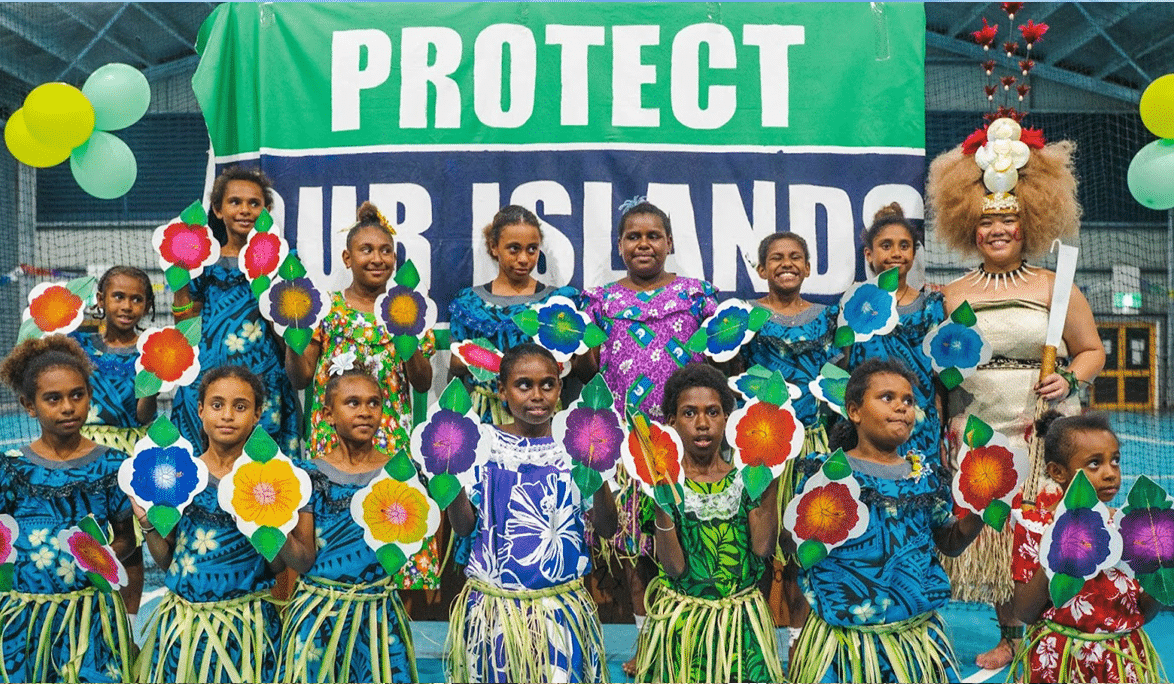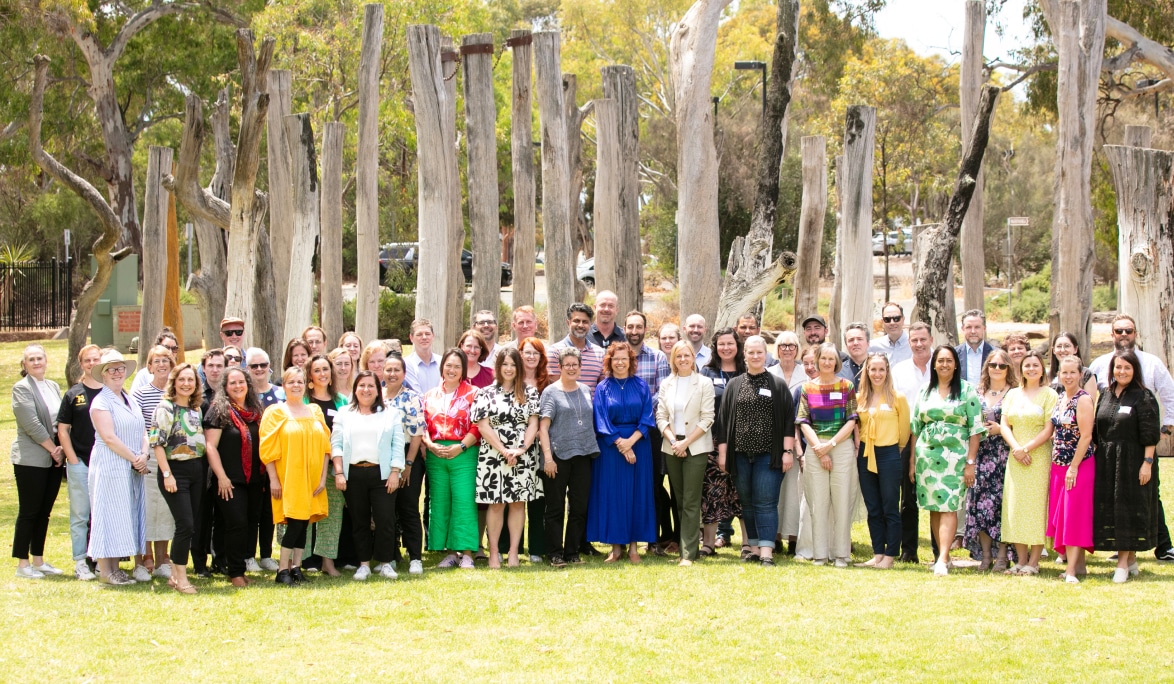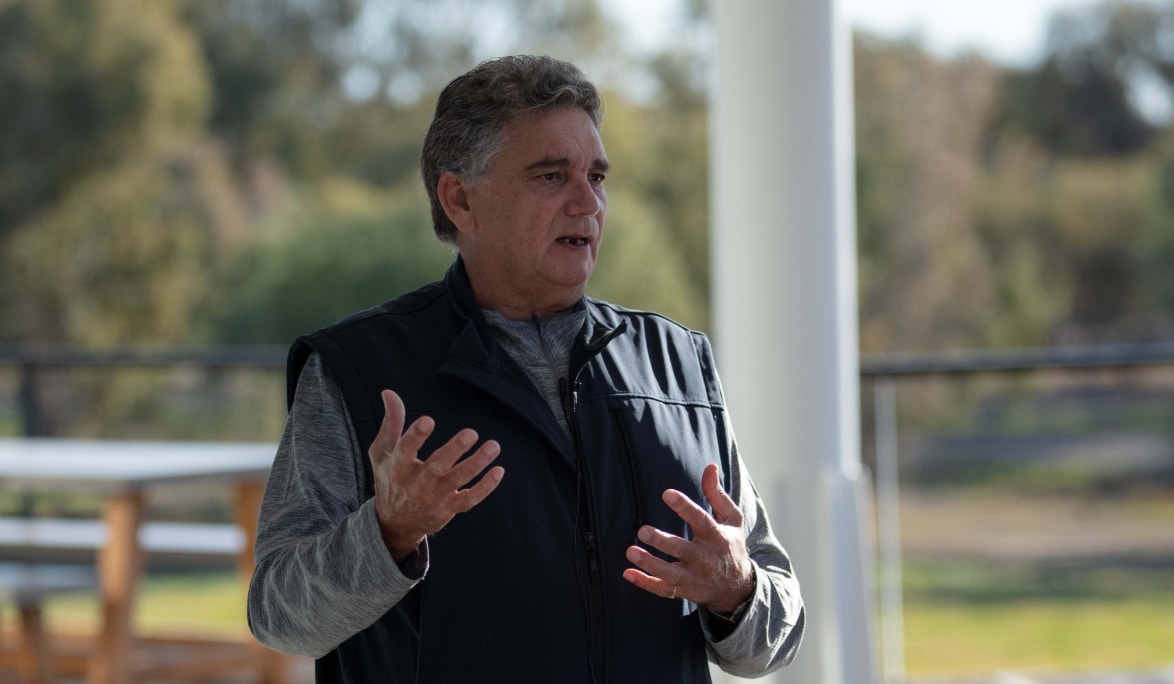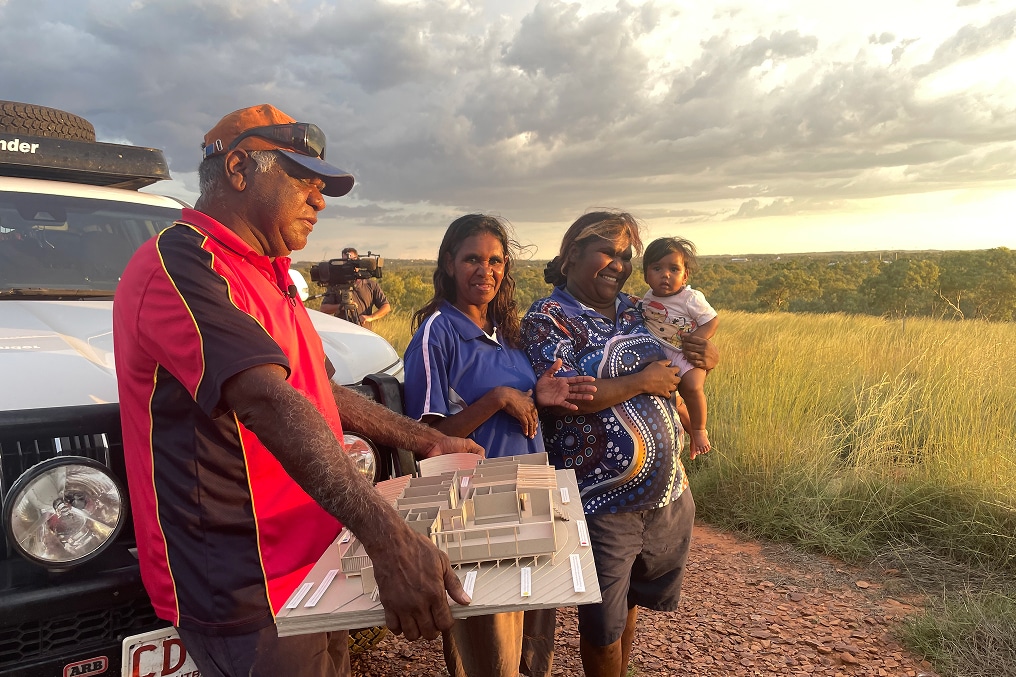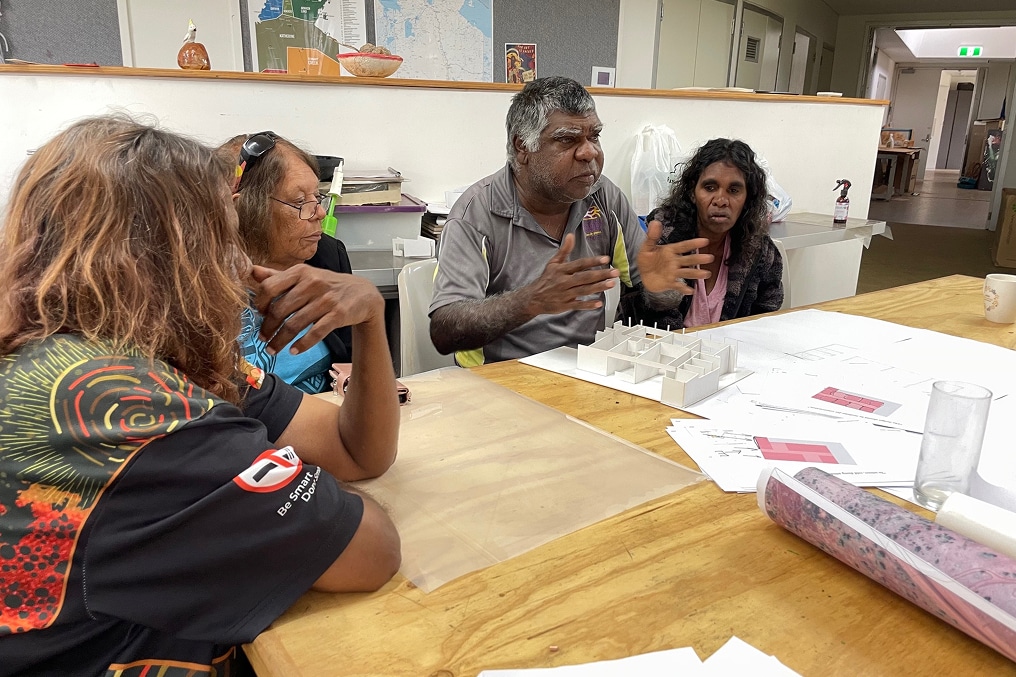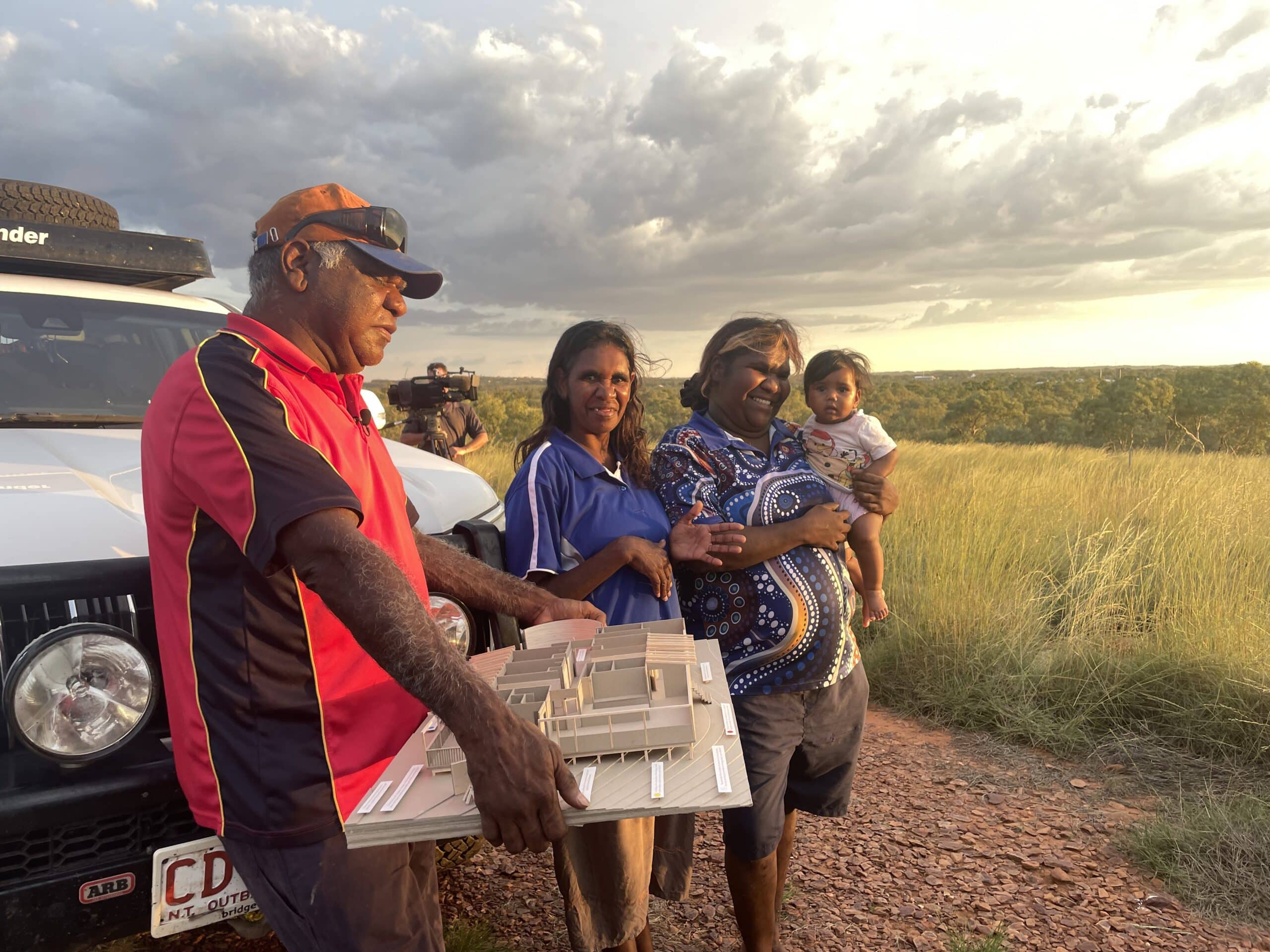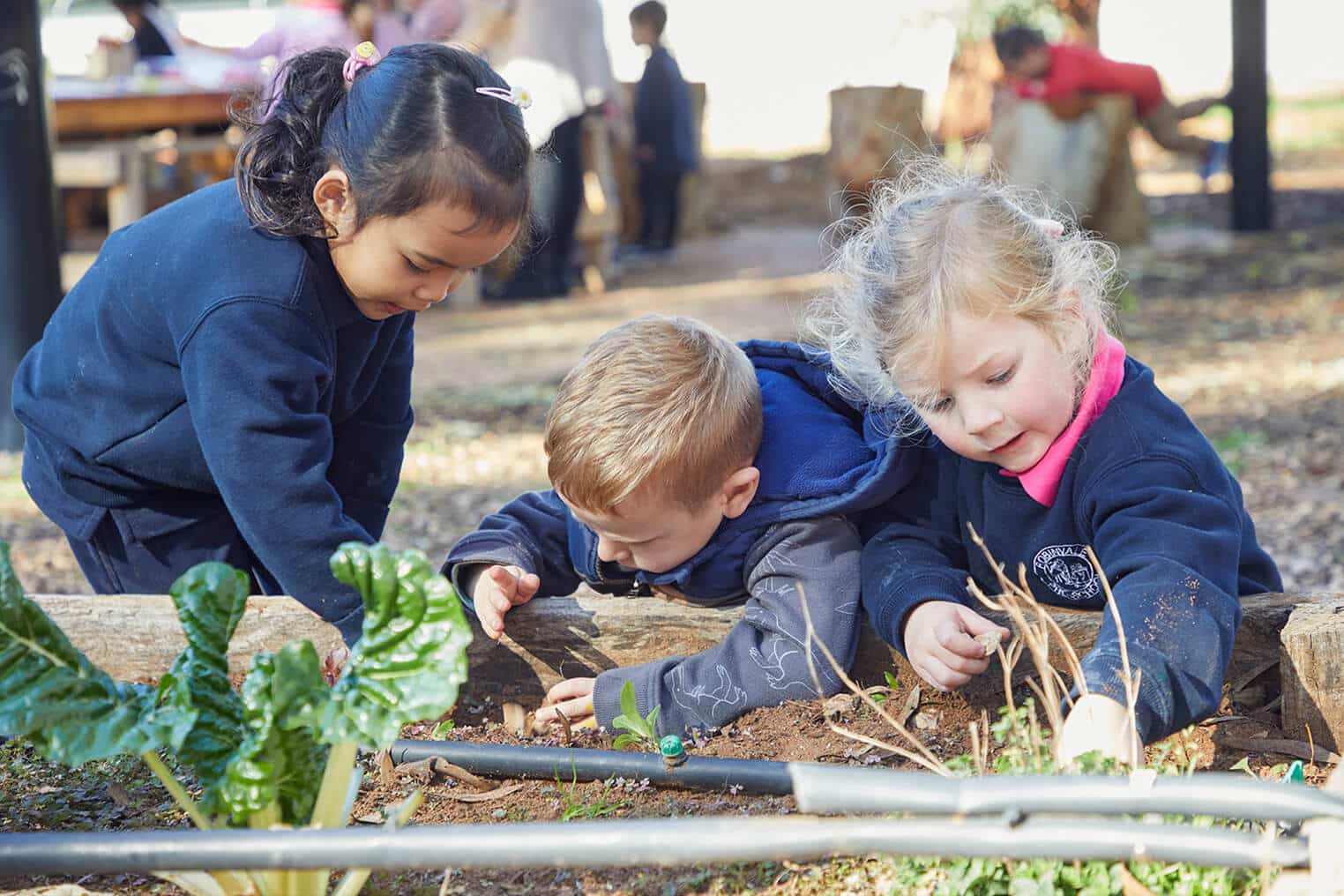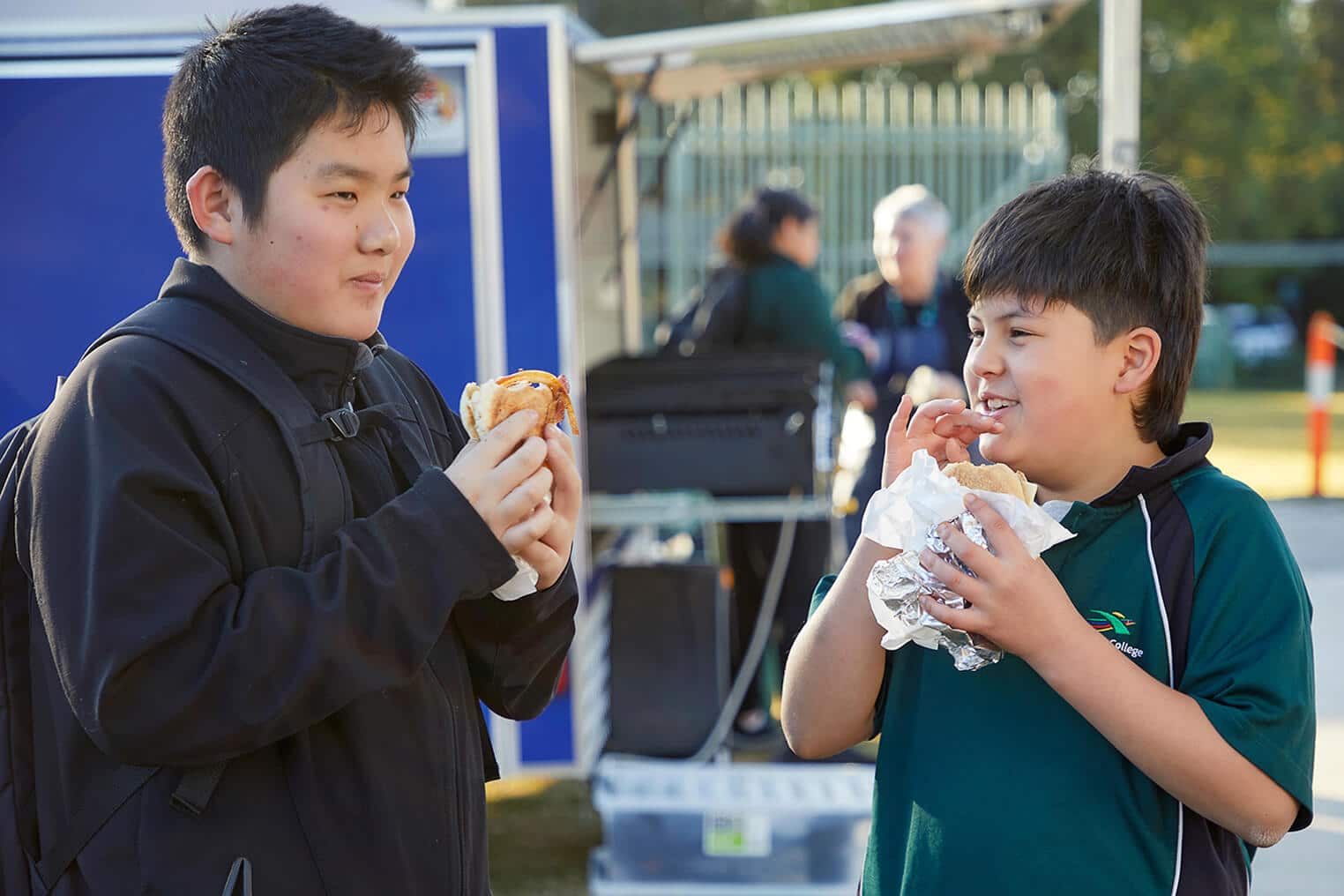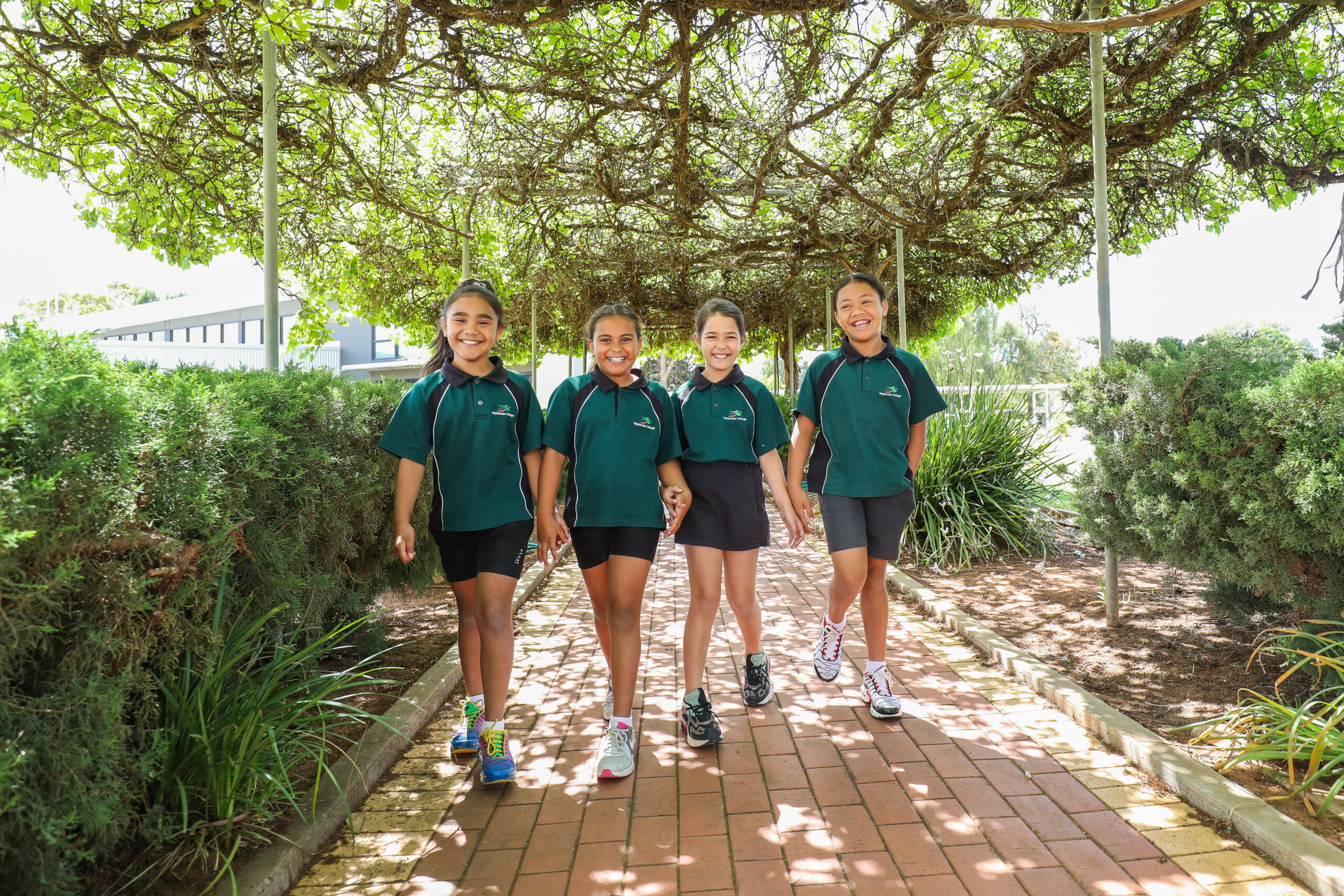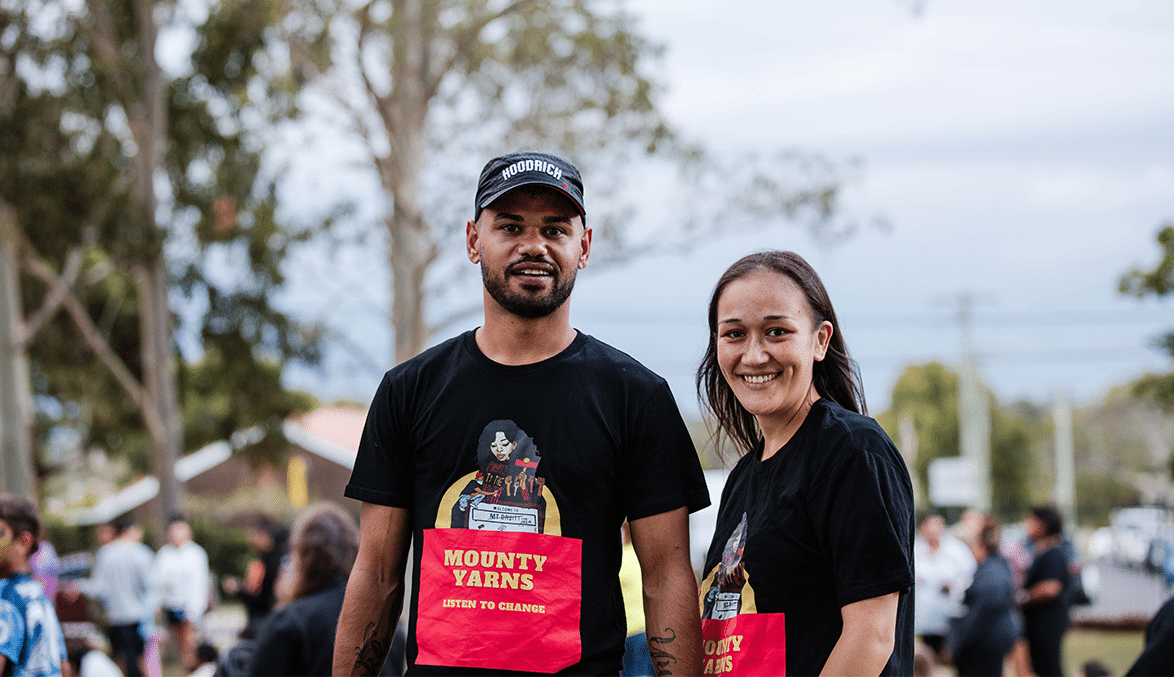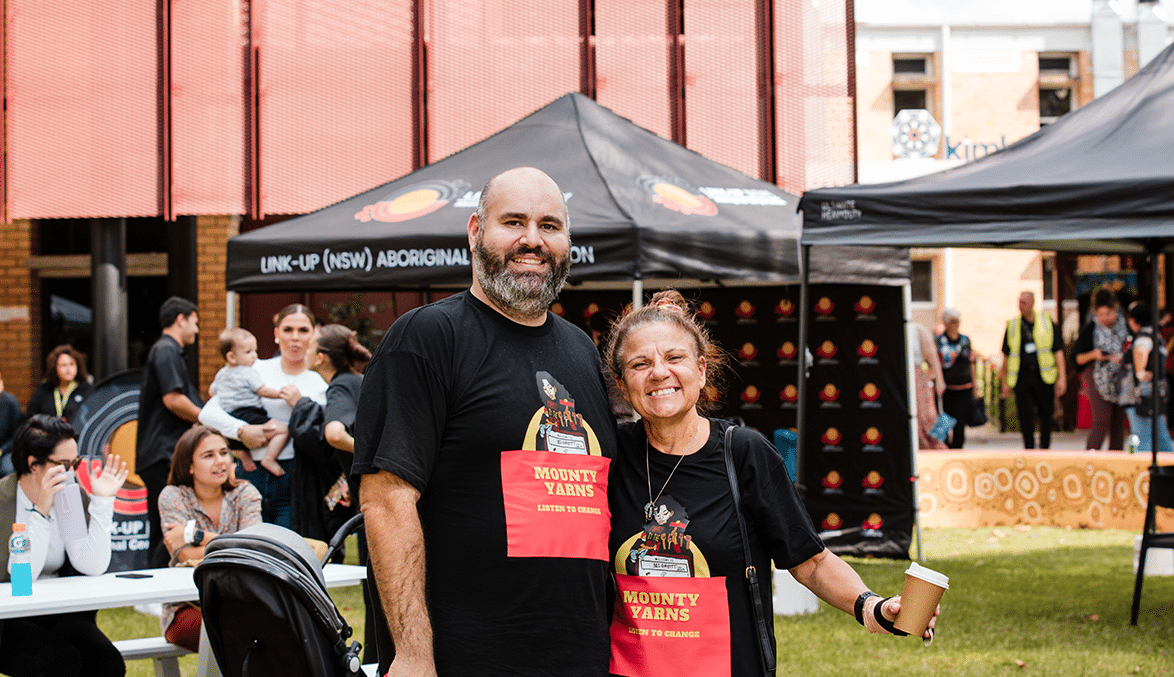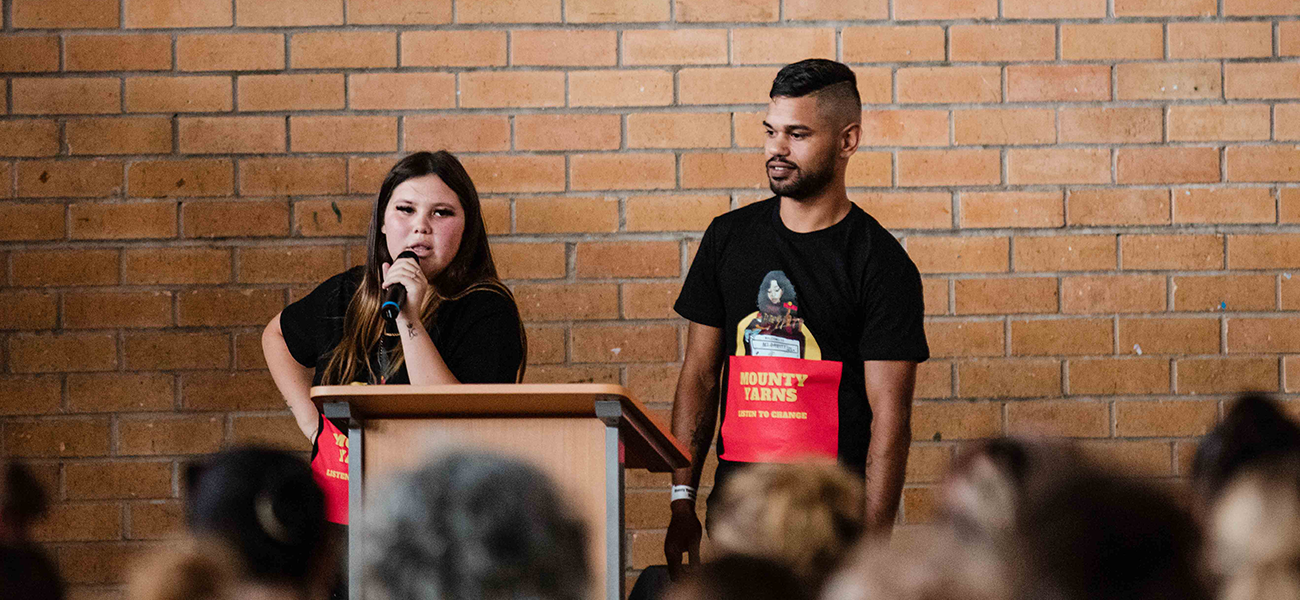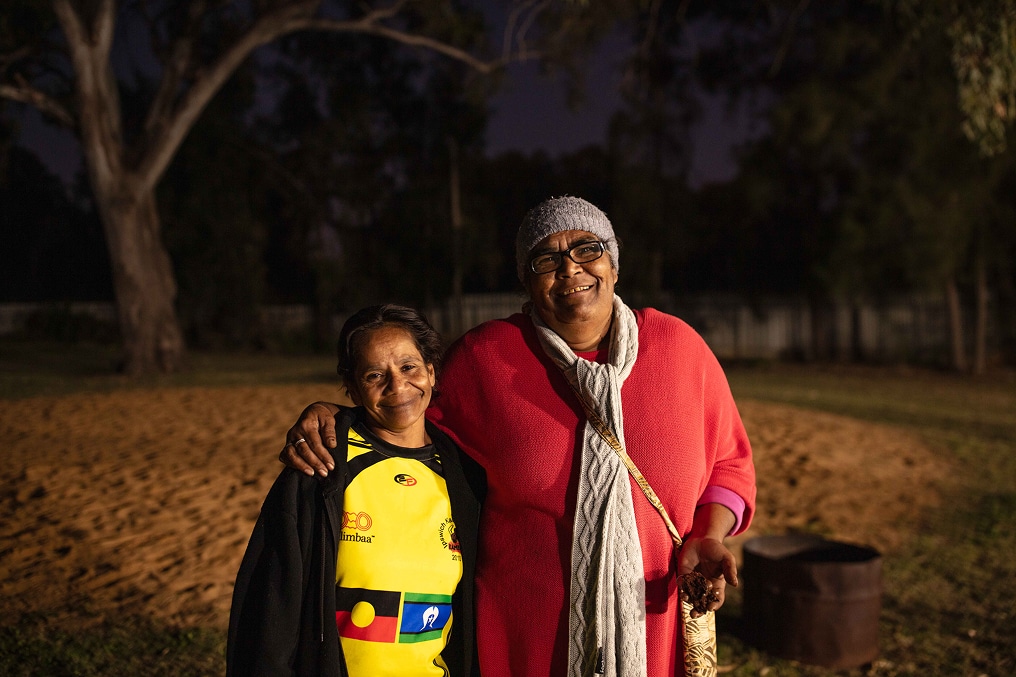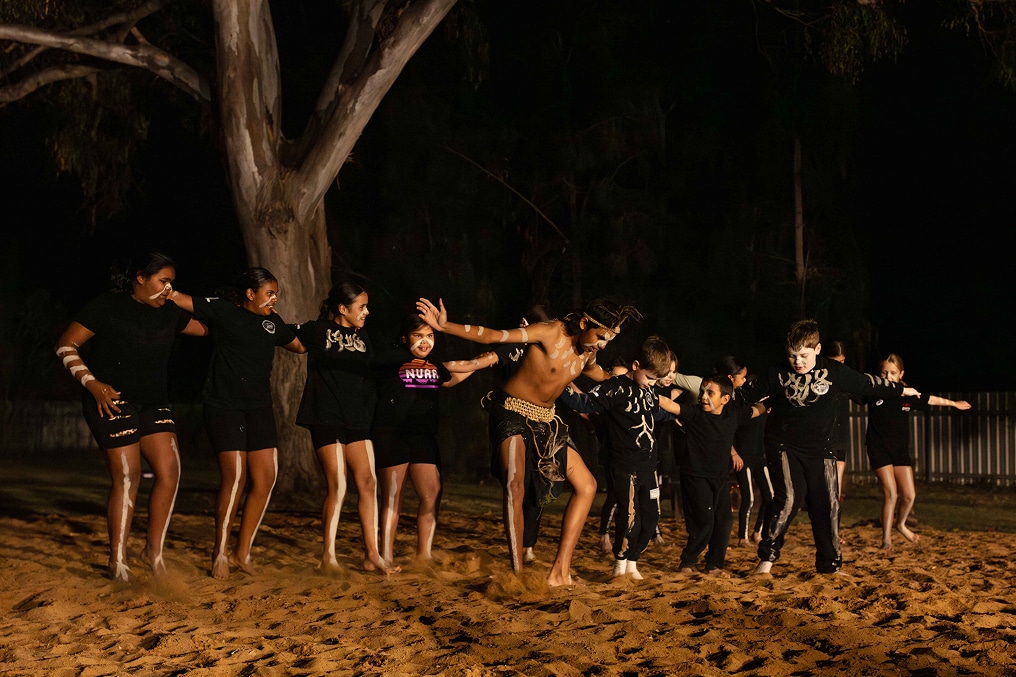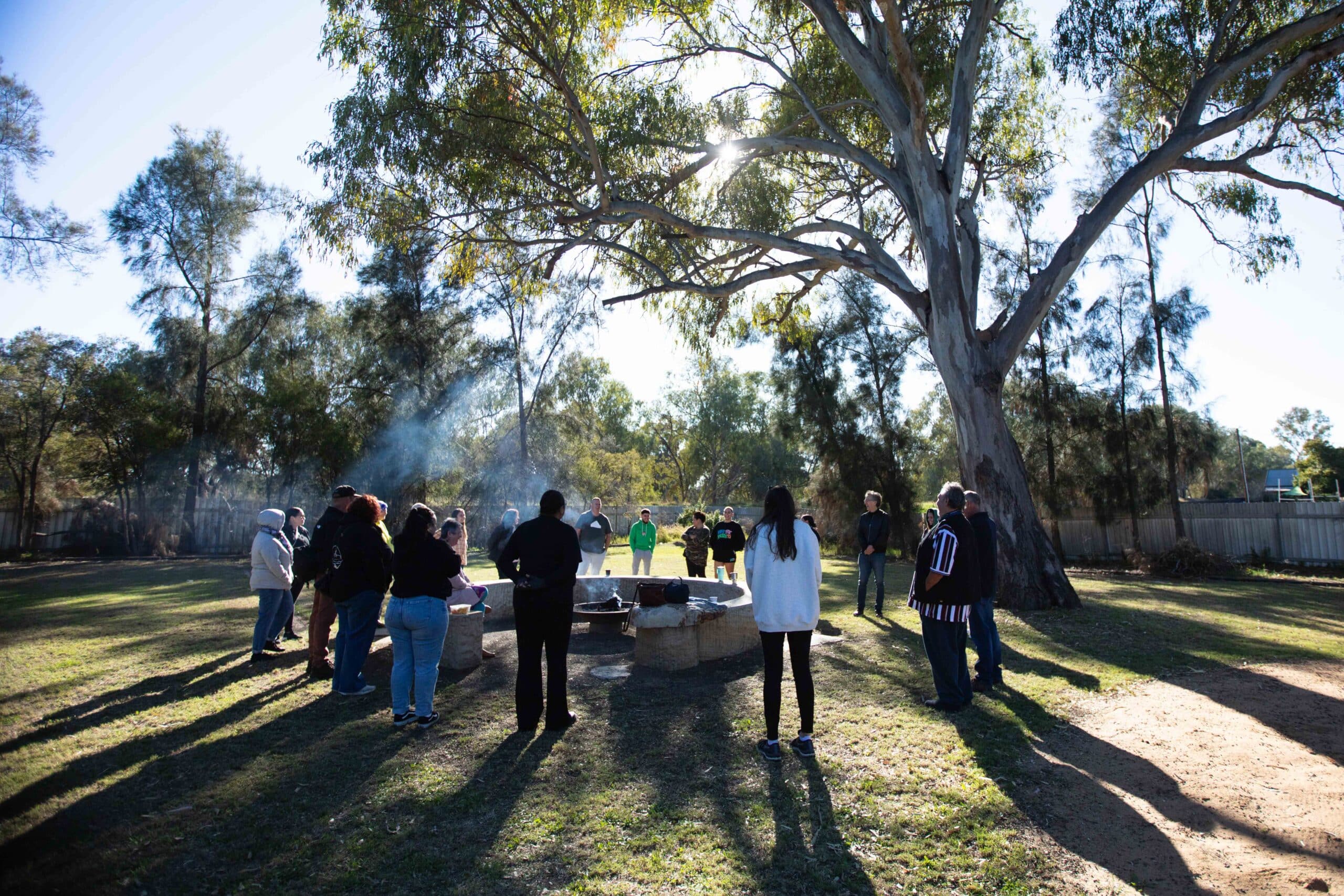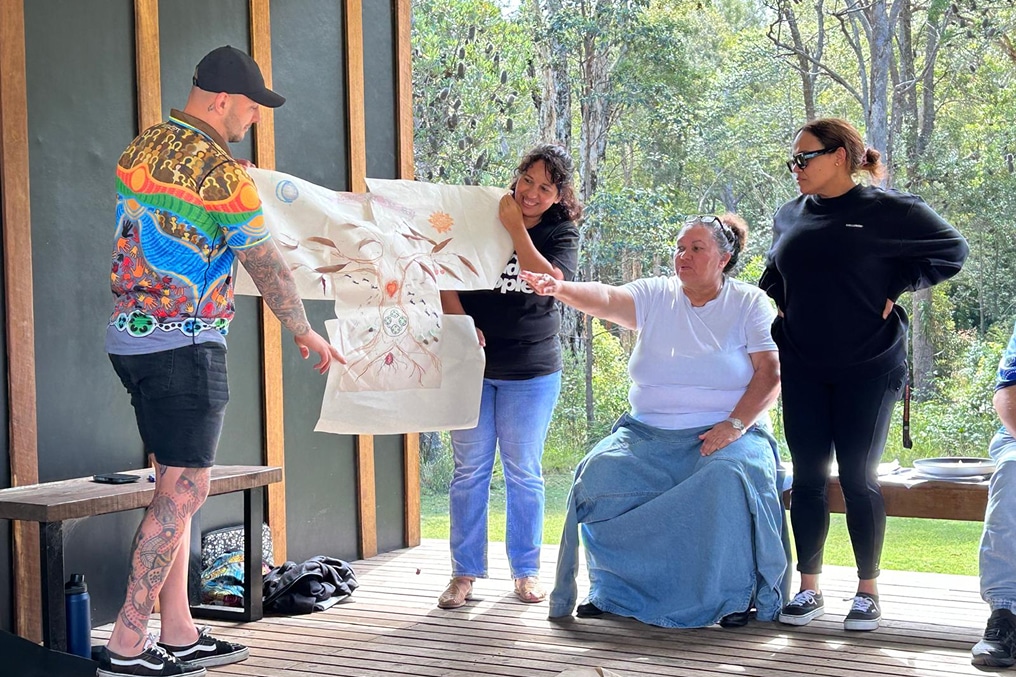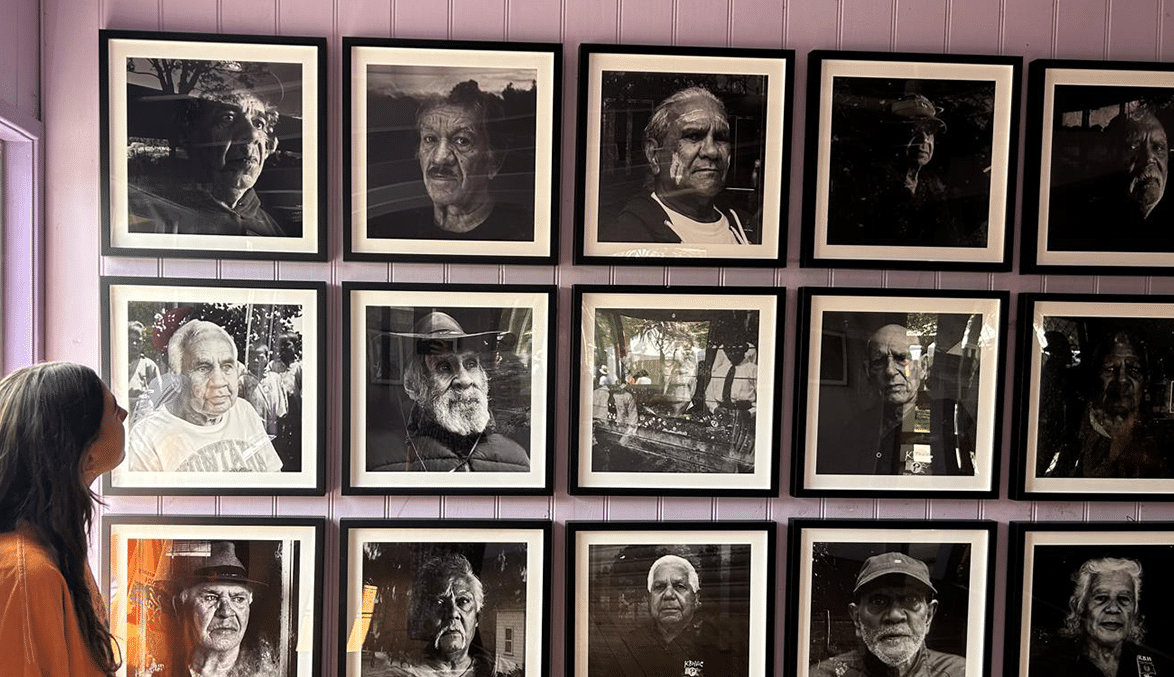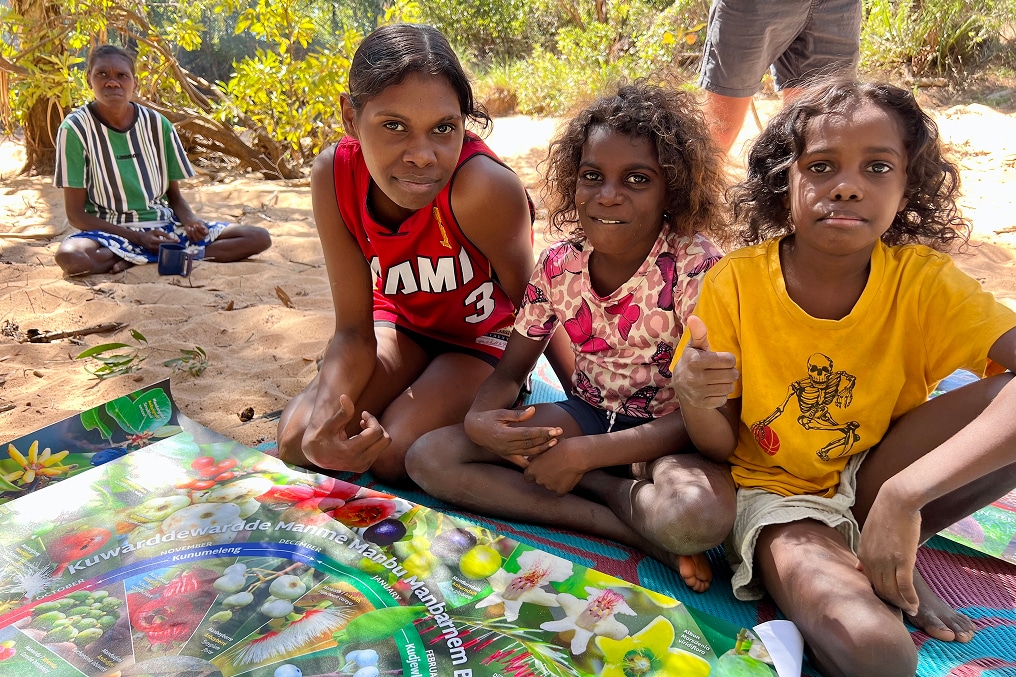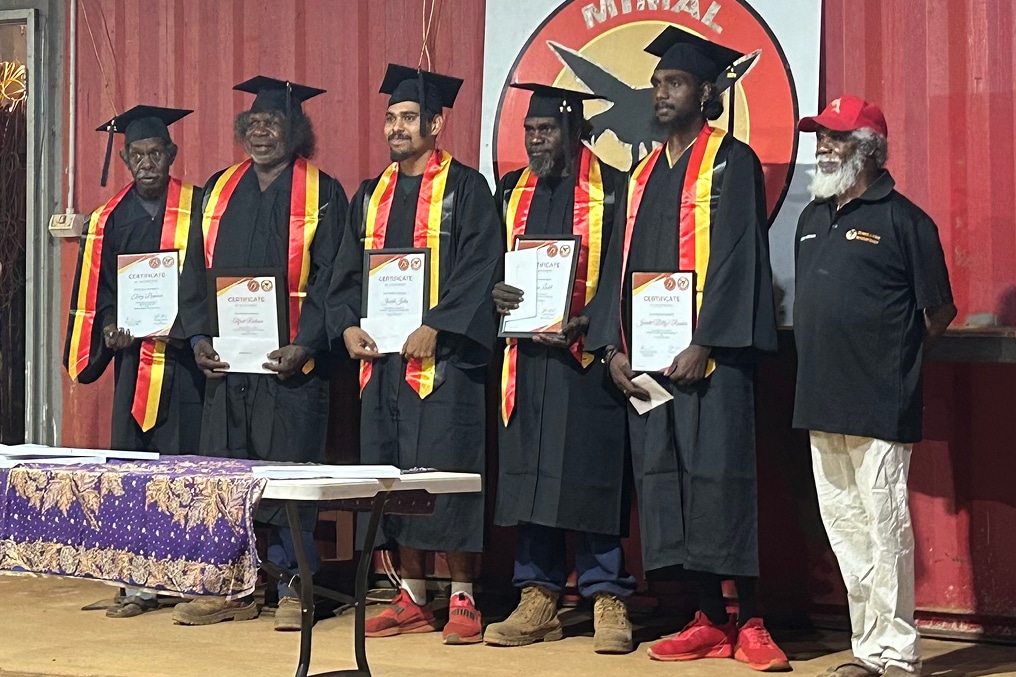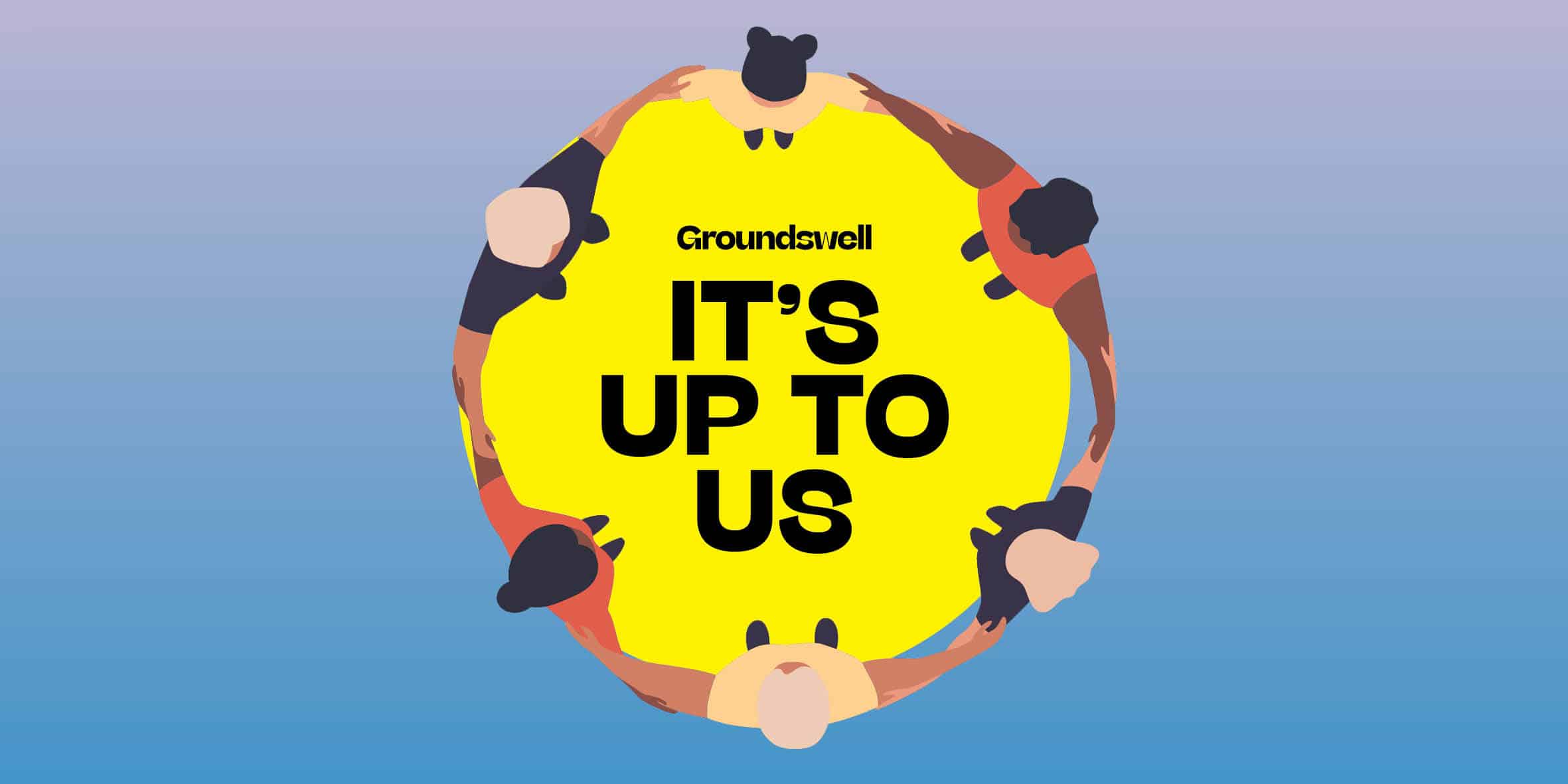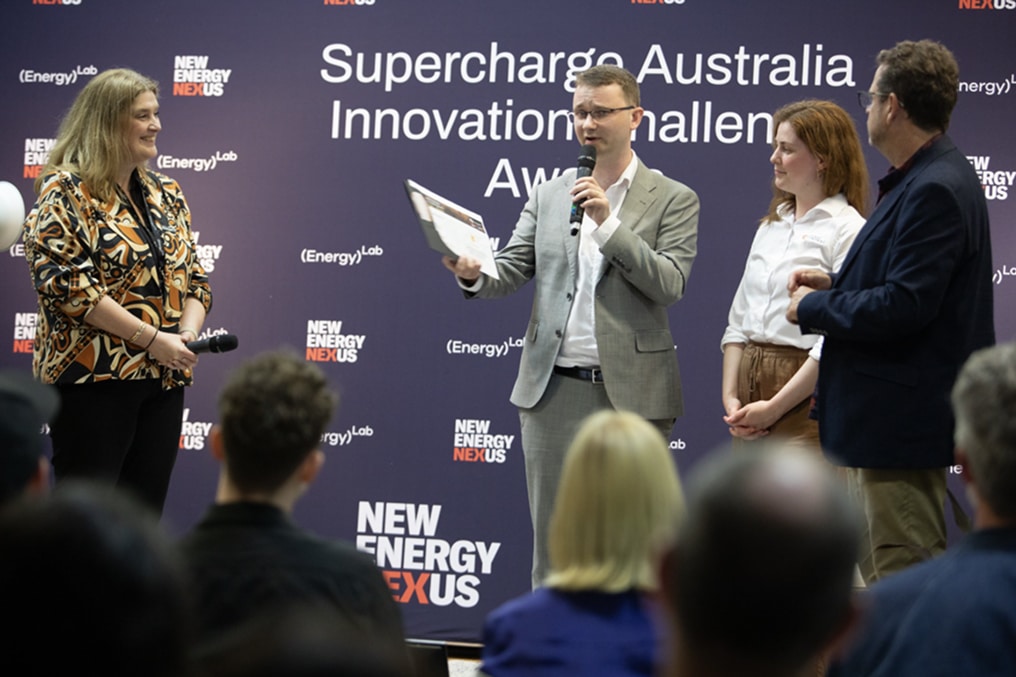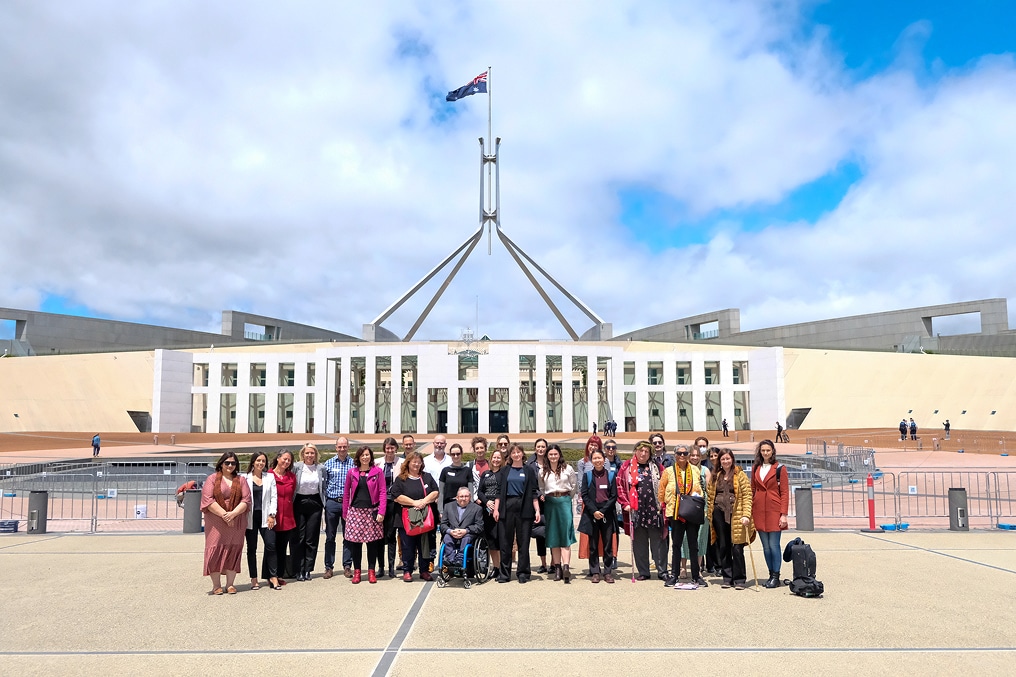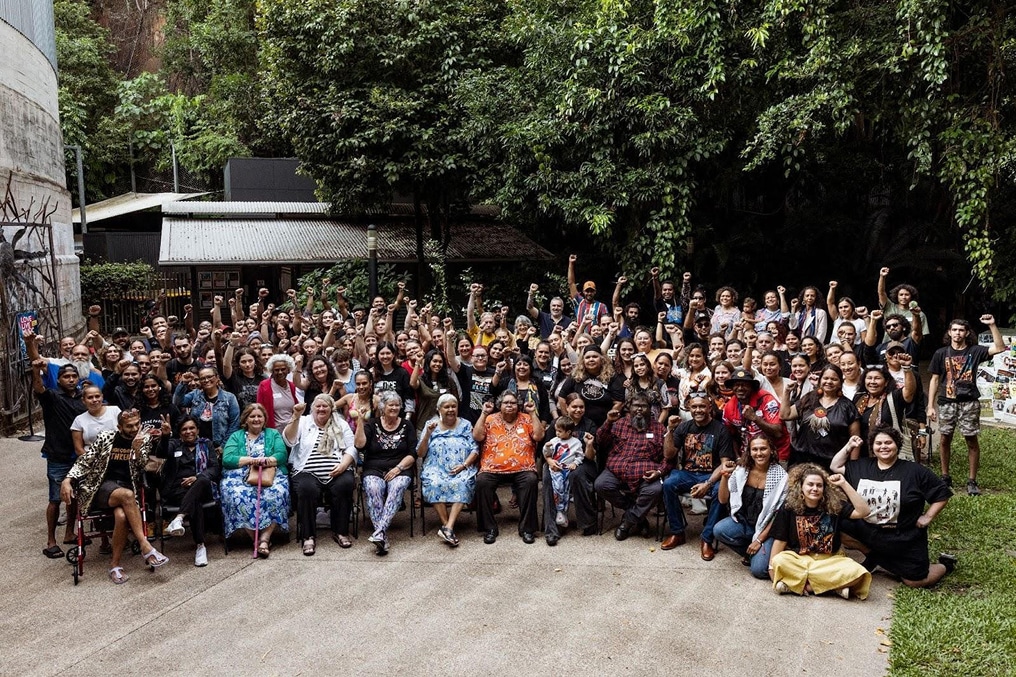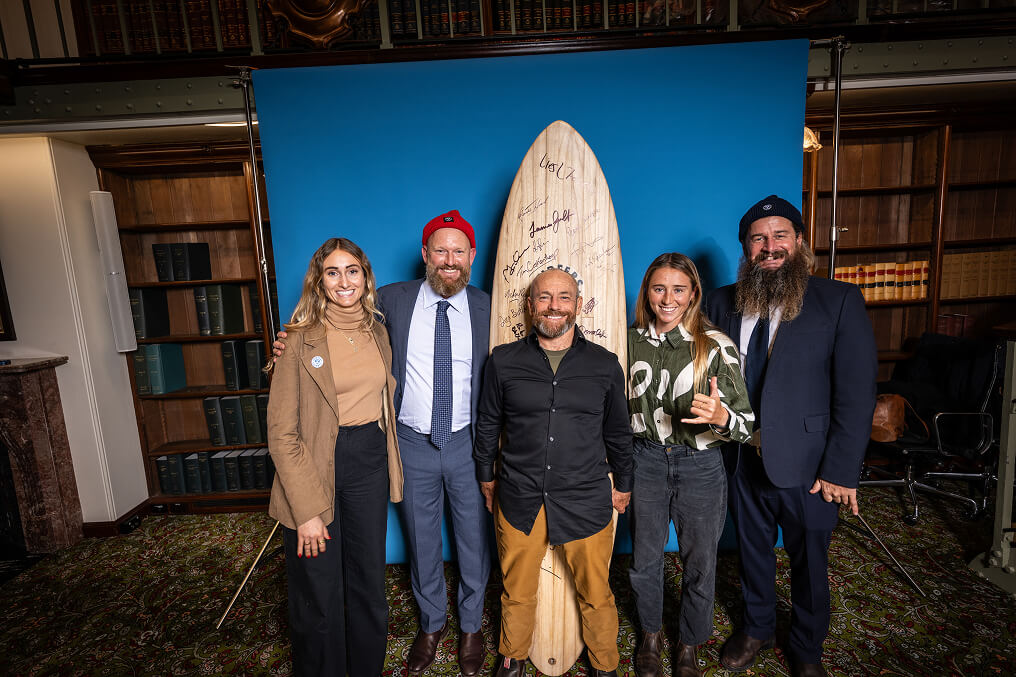Jo is leading Learning the Macleay, a newly established place-based initiative, that aims to bring services and community together to learn alongside each other and realign resources around the needs of young people and families of the Macleay.
The Macleay Valley, encompassing the Kempsey Shire LGA, holds a rich history. Dunghutti people have inhabited the region for countless generations, far preceding the township’s colonial settlement in 1836. The evidence of their longstanding presence is seen in places like Stuarts Point, home to the largest midden sight in Australia—which extends 14 kilometers and is a long testament to their vibrant culture. The region is now home to five distinct Aboriginal communities.
Despite the valley’s beauty and history, it has grappled with persistent challenges—housing, health, and employment issues—that have seemingly withstood various pilot programs and funding efforts. Jo recognises that meaningful change requires a long-term commitment.
“If you want to do anything meaningful here it has to be long-term, at least ten years. We’ve had a lot of broken trust with programs coming and going and you can’t rebuild that trust in two years.” Jo says.
Learning the Macleay stands apart from previous initiatives as it fosters a collaborative and sustained effort among government and non-profit services, philanthropy, and supporting organizations, all under the guidance of the community. Its inclusive approach extends beyond the Aboriginal community, emphasizing that everyone has a role in healing and building a thriving Macleay Valley.
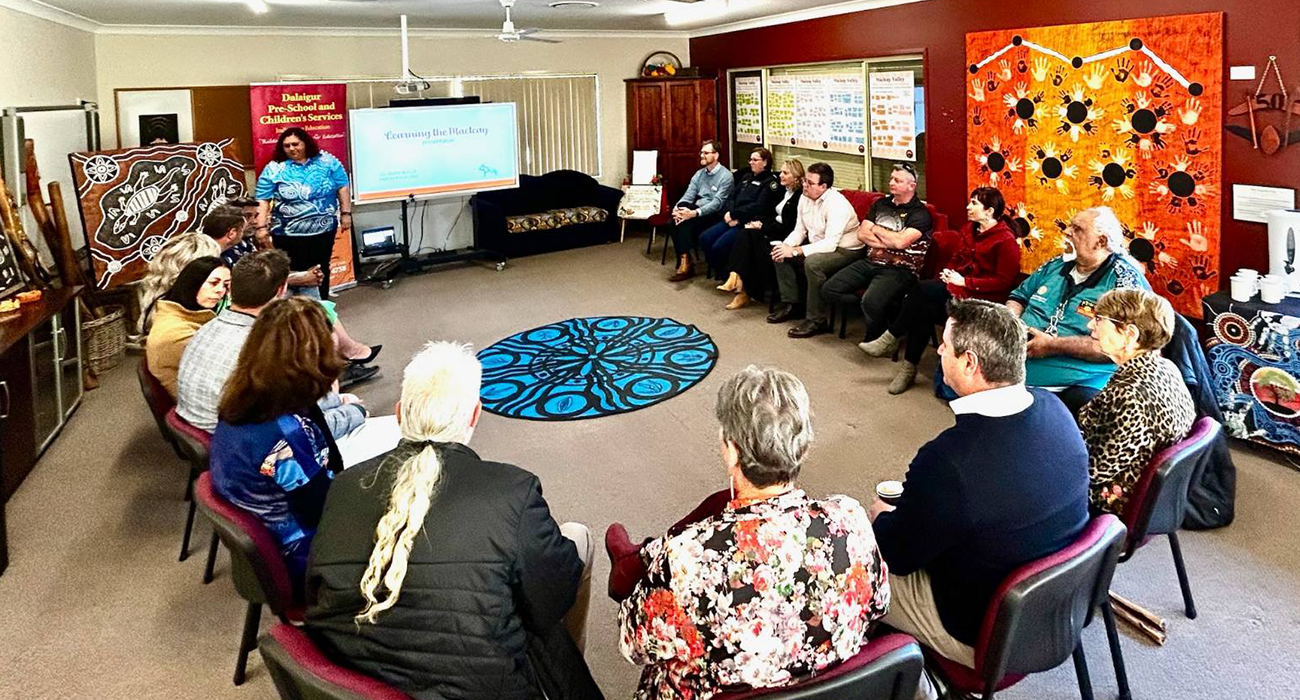
The initiative’s pillars, identified by the community themselves, are Healing, Educating, and Aligning. Healing holds particular significance in the Macleay Valley due to the painful legacy of the Kinchela Boys Home—a place where Aboriginal boys were forcibly taken or as the Surviving Uncles describe it, “kidnapped” from their families and subjected to brutal conditions. The trauma, loss, and grief associated with this history have left a lasting impact on the community.
Jo explains, “The impact can never be understood unless you were a part of that process. These boys, our Uncles lost their identity, culture, name and family. Their power was completely stripped from them.”
In response to the enduring grief and loss in the community, an action group has formed to create healing spaces and processes where community and services can find support.
Comprising 10-14 organisations, they coordinate assistance to the affected communities in times of need, establishing yarning circles in the most heavily impacted areas, offering a safe haven for individuals to share experiences and seek solace.
To ensure the success of these yarning circles, art therapy sessions are held with dedicated funding and support from various services providing essential amenities such as meals, morning tea, coffee, and lunch.
The yarning circles act as a two-way street, not only providing emotional relief but also facilitating referrals to support services. Service providers, who face their own emotional burdens while helping clients, find much-needed reprieve and healing in these circles.
Recognising the impact of grief on young children and their families, the pre-school has joined the efforts, taking part in wellbeing days during school holidays. These days offer sound therapy, beauty treatments, meditation, and breathing techniques, promoting emotional balance and calmness among staff and families.
To meet the ongoing needs of the community, sorry business check-ins with service providers have been introduced, enabling prompt activation of necessary support measures.
Addressing food security concerns, the action group has secured funding to provide meals prepared by local chefs for families facing short-term effects during sorry business periods.
To streamline service provision and avoid overwhelming grieving families, a model from New Zealand was adopted, with a lead service provider delivering the coordinated support efforts.
In addition to immediate needs, the group is focused on long-term healing goals, developing a practical guide on sorry business and training with a griefologist, benefiting professionals and the community in coping with grief. Trauma-informed teaching in schools and alternative learning pathways for children are also long-term priorities as well as training for culturally safe and trauma-informed service providers.
“Healing isn’t just the cut on your finger. It’s all of the emotional healing and getting people skilled in that space to do that,” says Jo.
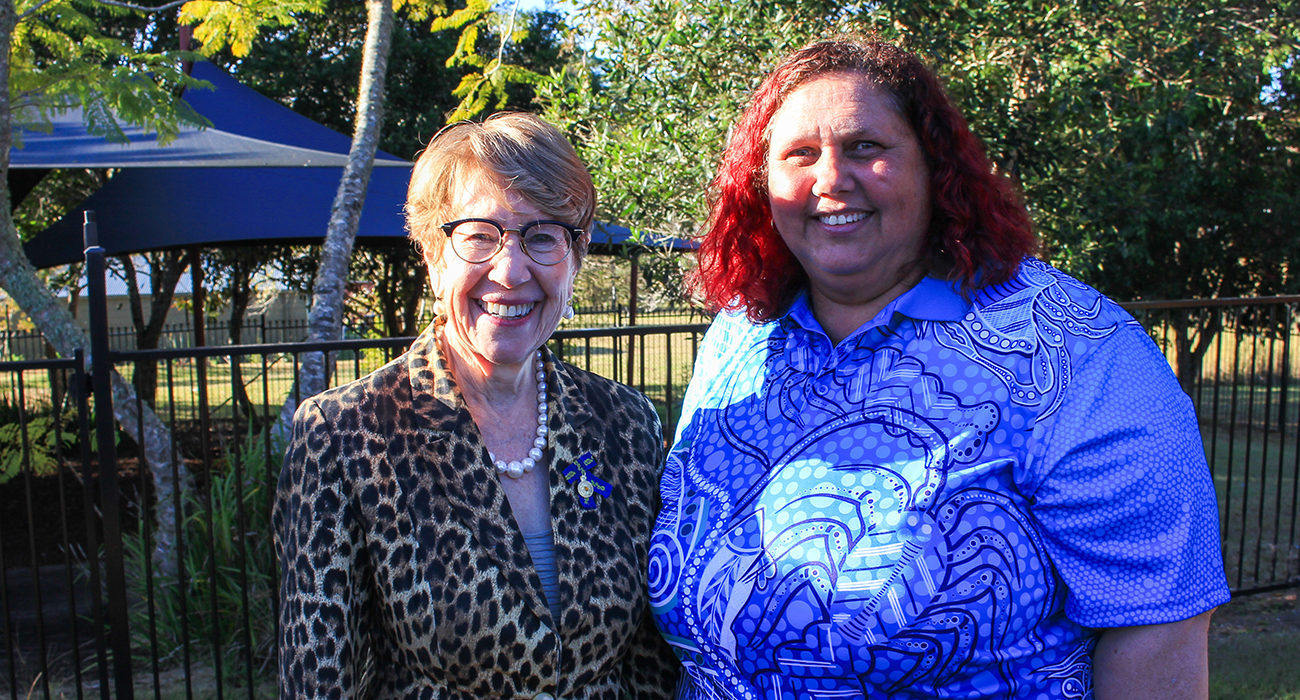
Another significant aspect of the Learning Macleay initiative involves capturing and sharing stories that the community see as important and valuable.
Jo says, “Stories that come from a lived experience, contribute to a more meaningful understanding of the community and that is key to how we learn together.”
Dusseldorp Forum supported a digital storytelling workshop for high school students, community members, and service providers to learn how to capture and share their stories authentically.
After the workshop, held in July, participants went on to establish a community media team, Macleay Valley Yarns. They will be capturing community stories and voices and sharing via a dedicated Facebook page as well as the Learning the Macleay website and local media outlets. This community-led approach to communications is a powerful tool in developing narratives that re-establish the strengths and wisdom of these communities. You can watch a student from the community media team, Shakaya’s first digital story here.
We look forward to sharing more with you about the work of Learning the Macleay as it progresses as well as firsthand community stories from the Macleay Valley.
